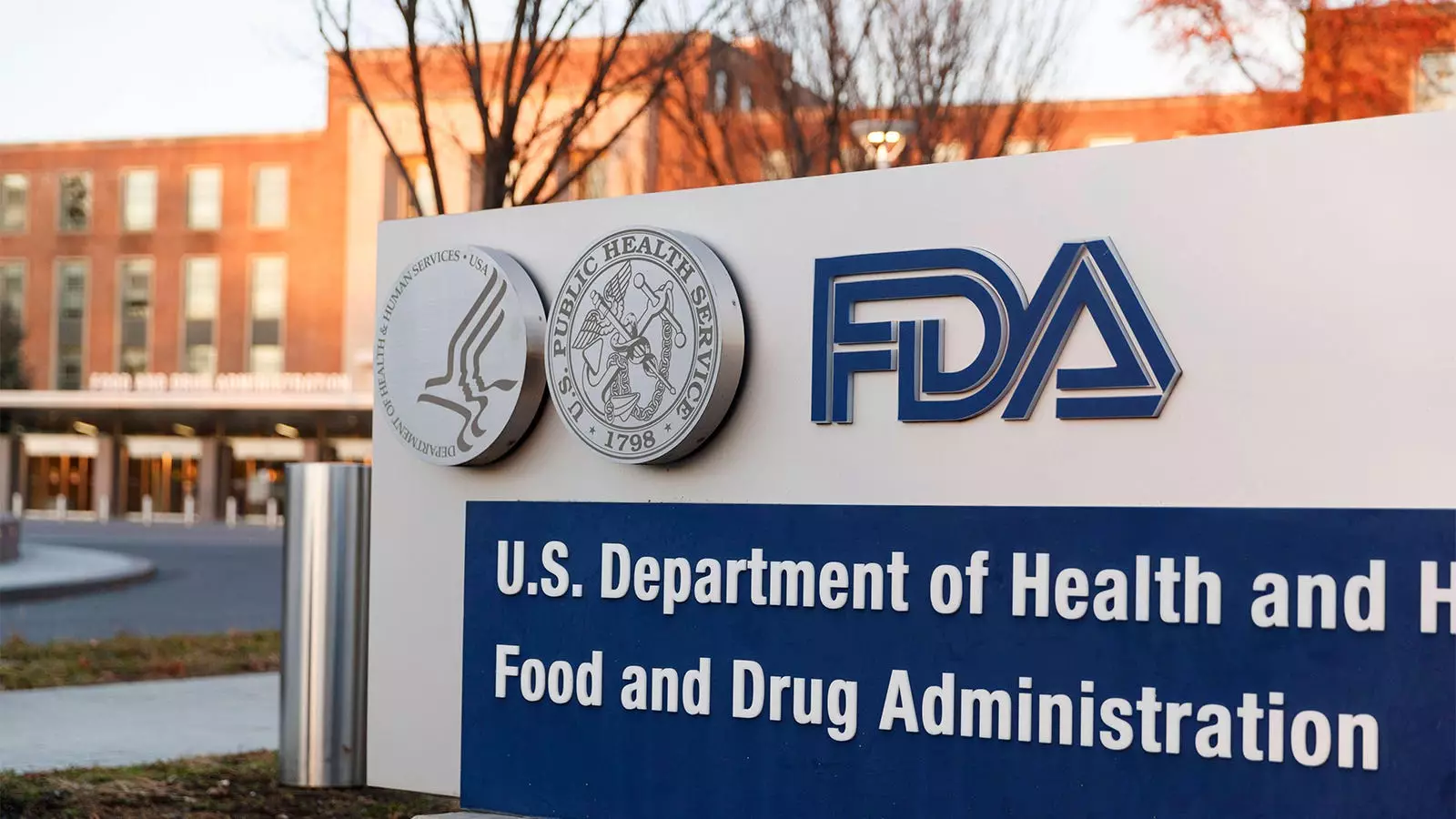The Food and Drug Administration (FDA) operates under the critical mandate of safeguarding public health while facilitating the swift availability of potentially life-saving medications. However, a recent report by the Department of Health and Human Services (HHS) Office of Inspector General (OIG) illuminated glaring weaknesses within the FDA’s accelerated approval pathway. The agency’s credibility has come under scrutiny, particularly following its controversial approval of the Alzheimer’s drug aducanumab (trade name: Aduhelm) in 2021. This article explores the need for enhanced regulatory protocols to ensure that the accelerated approval process is not just a bureaucratic formality, but a rigorous framework that prioritizes patient safety and evidence-based decision-making.
Designed to expedite the development and availability of drugs for serious and life-threatening conditions, the FDA’s accelerated approval pathway allows for drugs to be approved based on surrogate endpoints—markers intended to indicate clinical benefit earlier in the development process. This approach was intended to balance rapid access to innovative treatments with the need for subsequent confirmatory studies to verify their effectiveness. However, as the OIG report suggests, this balance is often skewed, leading to potentially harmful consequences for patients and the healthcare system at large.
The aducanumab controversy highlighted how the FDA may have compromised its standards for the sake of expediency. Medical professionals and lawmakers expressed alarm over the approval process, prompting an investigation that revealed serious lapses in adherence to established protocols.
The OIG’s analysis of 24 accelerated drug approvals uncovered that only 21 of these followed a consistent evaluative approach, while aducanumab, along with hydroxyprogesterone caproate (HPC) and eteplirsen, represented significant outliers. These three drugs raised persistent concerns within the FDA prior to their approvals, suggesting a pattern of disregard for critical assessments from internal reviewers and advisory committees.
Of particular concern was the ongoing saga surrounding eteplirsen, which received approval in 2016 but has yet to demonstrate any clear clinical benefit for patients suffering from Duchenne muscular dystrophy even after nearly a decade on the market. This prolonged uncertainty raises ethical questions about the allocation of healthcare resources and the justification for exorbitant pricing that exceeds $1 million annually for ineffective treatments.
In the wake of these findings, the OIG advised two specific reforms: First, the FDA should establish clear guidelines for when its intra-agency accelerated approval council should intervene in specific drug applications. Secondly, there must be comprehensive documentation of all meetings with pharmaceutical companies.
While the FDA agreed to the second recommendation, it expressed reservations about mandating the advisory council’s review of certain applications, arguing that it may lead to inefficiencies. However, this reluctance to enhance oversight resonates poorly in light of past missteps, particularly with aducanumab, where the agency’s informal collaborations with Biogen raised concerns about the integrity of the decision-making process.
Strengthening the FDA’s accelerated approval pathway requires a commitment to accountability, scientific rigor, and transparency. Clear criteria for when advisory panels should evaluate drug applications could ensure that more contentious approvals undergo thorough scrutiny, reducing the risk of palpable public backlash. Furthermore, implementing strict documentation standards for all interactions with drug manufacturers can rebuild trust in the regulatory process.
It is imperative for the FDA to acknowledge the potential ramifications of approving drugs without sufficient evidence, which can lead to misallocation of both financial and medical resources. As Benjamin Rome, MD, MPH, aptly noted, the cumulative costs of ineffective treatments can be staggering, underscoring the necessity for a prompt reevaluation of the accelerated approval program.
The challenges highlighted by the OIG report are not merely administrative deficiencies but indicative of a deeper cultural issue within the FDA. Achieving a paradigm shift towards a system that prioritizes patient welfare over rapid approvals is essential. By embracing greater scrutiny and fostering transparency, the FDA can uphold its foundational commitment to public health, ensuring that both the drugs we approve and the processes we employ reflect the highest standards of scientific integrity and ethical responsibility.

Leave a Reply